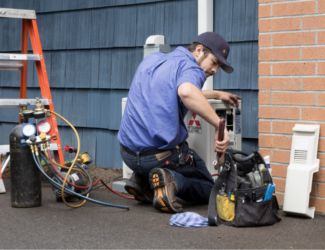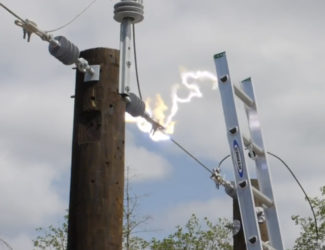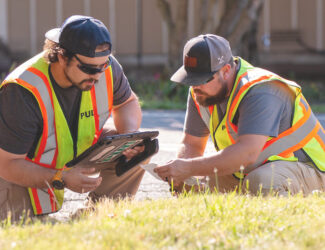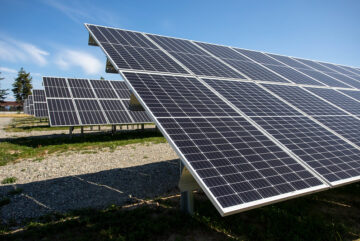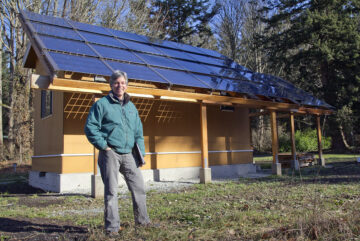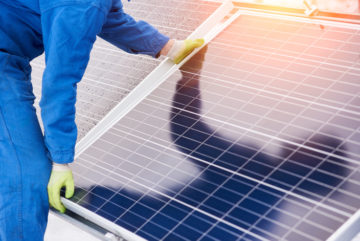
Solar options
Does solar energy work in Western Washington? Absolutely. We have a variety of programs to help you get involved. For questions, call our Energy Hotline at 425-783-1700.
Rooftop solar
Support renewable energy
More solar resources
Community Solar
Existing solar customers
For solar contractors
How solar energy works
Solar panels convert sunlight into clean, green DC electricity. Then, an inverter — sometimes built into the panels themselves — converts DC into usable AC electricity.
Through net metering, your PUD meter records energy you purchase from the grid and energy you send back out to the grid on two different registers. You will then be billed for the NET amount of energy purchased (or minimum energy charges, whichever is greater).
Doesn’t the system need batteries?
Nope! More than 95% of PUD’s customer-generators have photovoltaic (PV) systems that do not include batteries.
PV systems are interconnected to the grid and, through net metering, solar customers get credit for excess power generation. Batteries are not needed in order to have power available when the sun isn’t out, or to benefit from energy produced when you aren’t using it.
Batteries are an option if backup power is critical to you. If investigating PV with battery storage, make sure to learn about the added cost and maintenance of batteries as well as the impacts on estimated energy production.




